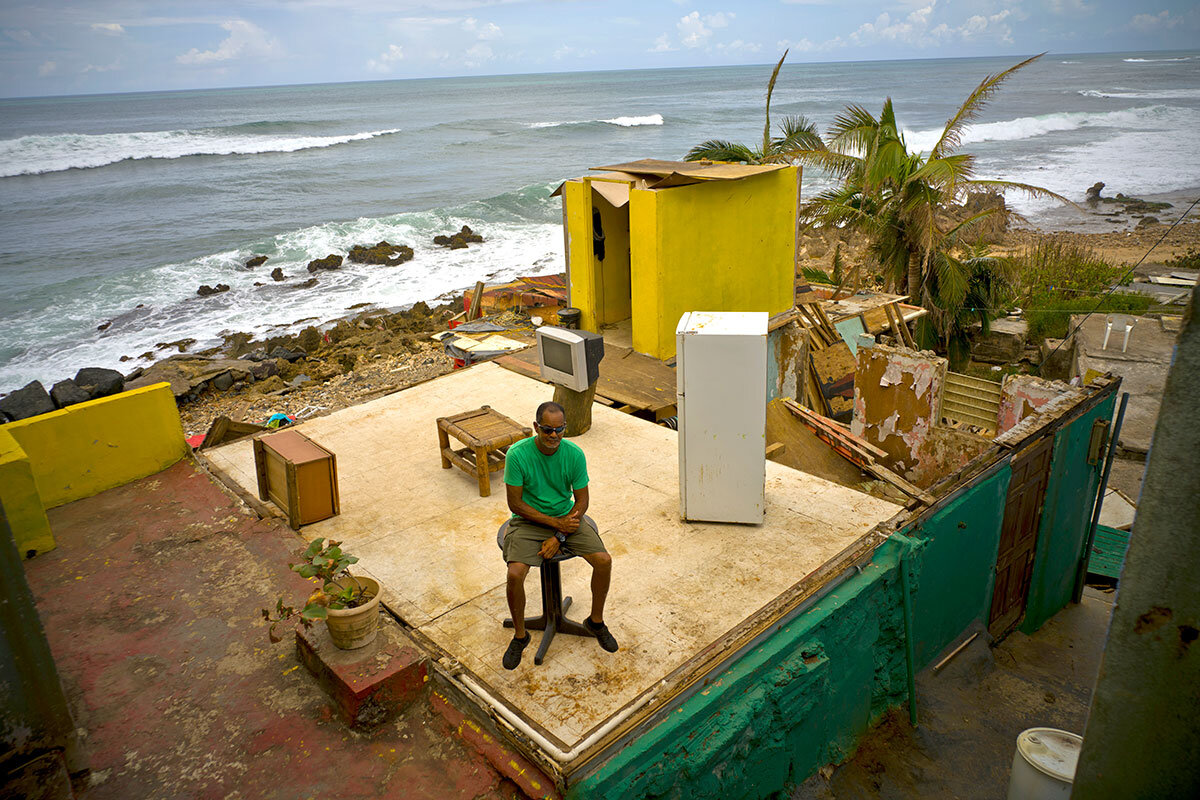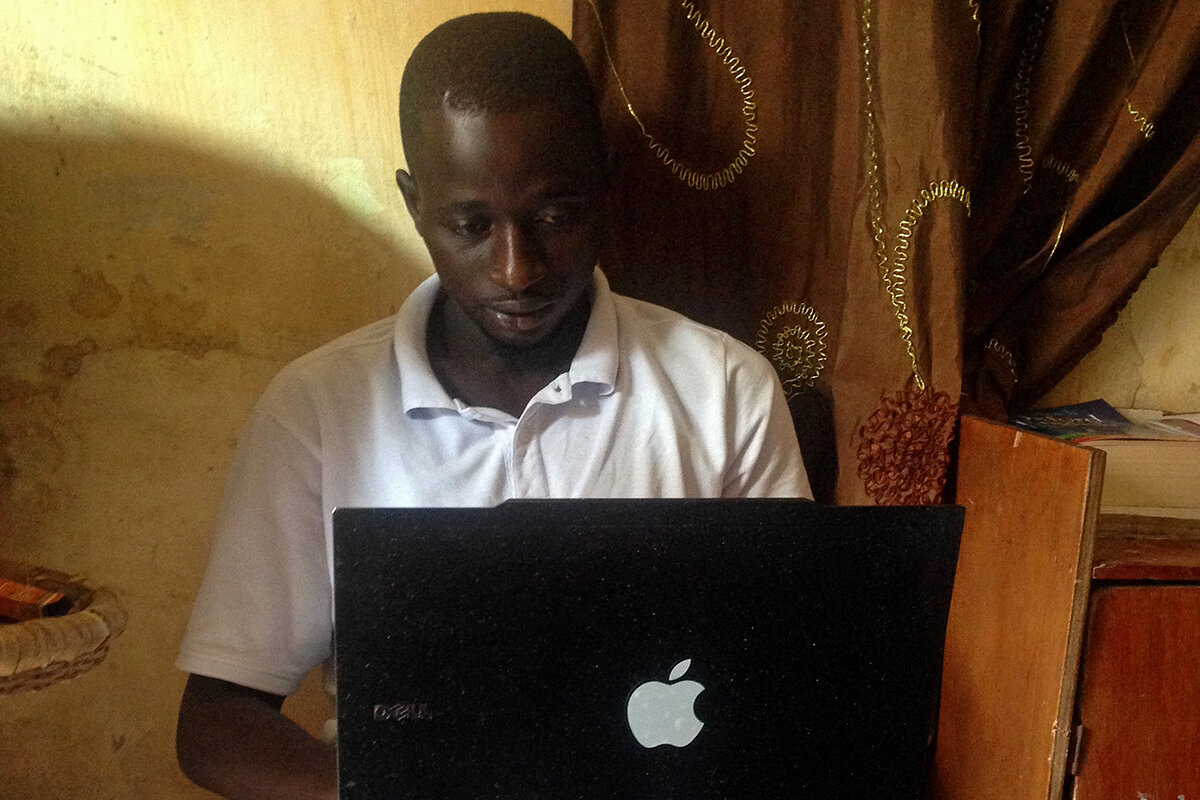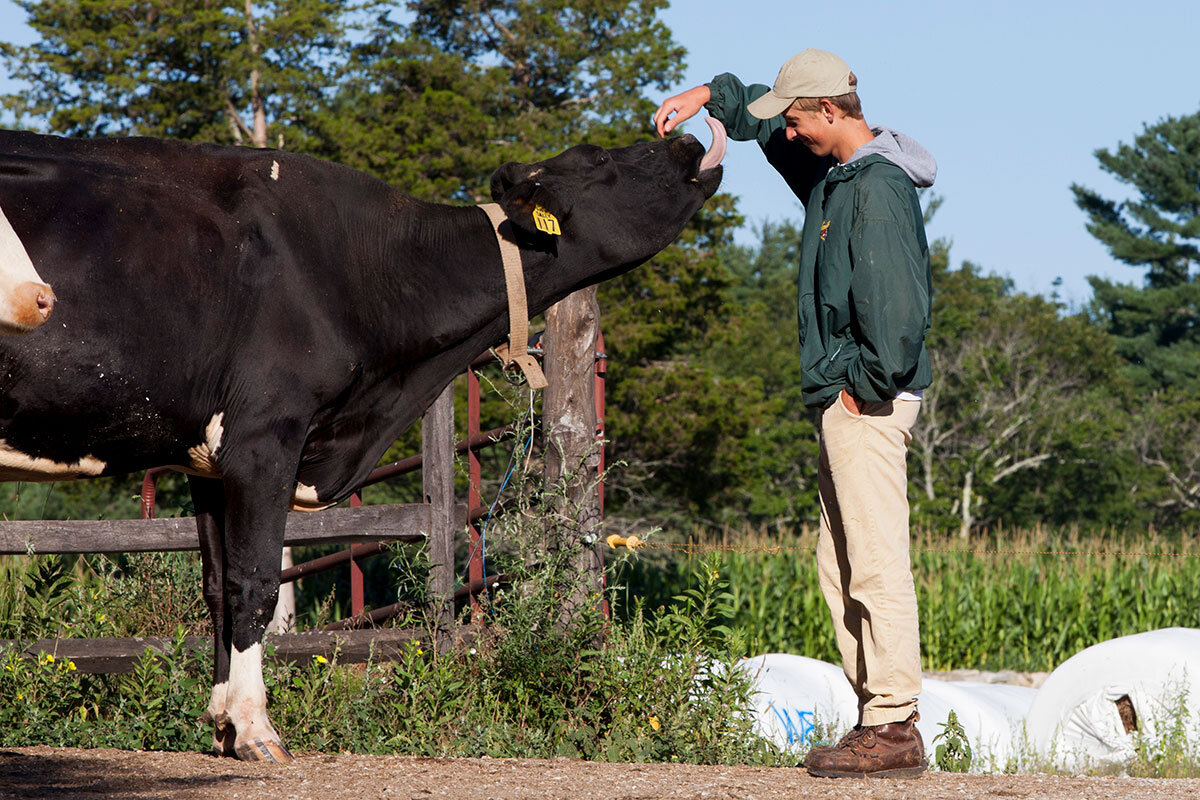There's no glossing over Puerto Rico’s devastation. But a report from the capital – as our writer prepares to push into more-remote regions – finds a remarkable community spirit now stirring.
Monitor Daily Podcast
- Follow us:
- Apple Podcasts
- Spotify
- RSS Feed
- Download
 Clayton Collins
Clayton Collins
The choice of a Nobel Peace Prize winner can be pointed. It can also be poignant.
In the run-up to Friday’s announcement there were rumors that some of the architects of the Iran nuclear deal might be named this year. On Thursday the White House had made noises about decertifying that deal.
But the Norwegian Nobel Committee in Oslo instead awarded a coalition of nongovernmental organizations, the International Campaign to Abolish Nuclear Weapons (ICAN). It’s not common for organizations to win.
“We’re not kicking anyone in the legs with this prize,” said the committee’s chairwoman. Still, the award was, as one report put it, a “blunt rejoinder” to recent geopolitical posturing from several quarters.
Said Beatrice Fihn, ICAN’s executive director: “The laws of war say that we can’t target civilians. Nuclear weapons are meant to … wipe out entire cities. That’s unacceptable and nuclear weapons no longer get an excuse.”
It’s an aspirational message reflecting a fundamental value: respect for human life. Can it be as persuasive as the plaintive case-making that led to treaties banning chemical and biological weapons, cluster bombs, and land mines?
Now to our five stories for your Friday, highlighting grit, collective purpose, and optimism in action.










